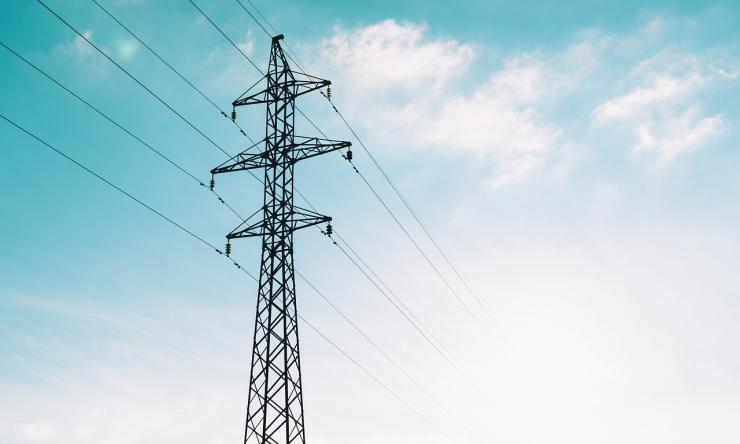Preparing your medical devices for power outages
Electrical blackouts pose a serious threat to those who rely on at-home medical devices to live. An expert with Baylor College of Medicine explains why preparation for a sudden loss of power is crucial.
“While we are in the middle of hurricane season and a heat dome, we are at risk of losing power,” said Isabel Valdez, physician associate and assistant professor of medicine at Baylor. “Because we might not know how long we will be without power or when it will be restored, having a plan can be lifesaving.”
Preparation begins with documentation. When an at-home medical device is issued, Valdez says to keep a file with the device’s manufacturer, serial number and photos of the device for reference for caregivers or medical professionals. If a caregiver is not in the same household as the person dependent on the device, friends or family members who are able to assist during an emergency should also have this information to ensure the device is being correctly used or stored.
Before the power goes out, research compatible auxiliary power sources. Find out if the device works on batteries or a generator and for how long. Keep up regular maintenance on the device to ensure it is in peak condition when an emergency hits. Have a plan for your device whether you plan to shelter at home or evacuate during the power outage.
“People who rely on medical devices, like CPAP machines, oxygen tanks or concentrators, and people who undergo dialysis, are safest where there is power,” said Valdez. “If you are able to evacuate, do so. Cities and counties may offer shelters to weather the storm or blackout but be aware that they may be providing refuge to many people and even hospitals will have limited resources.”
Evacuation might be the only option for some, so preparation is key. When preparing for emergencies, Valdez says to have resources for at least two weeks. This includes extra batteries, supplemental equipment and an ample supply of regular medications and prescriptions. You also may need special equipment, like coolers to keep insulin usable. Speaking with insurance providers before expected disasters can make the process of replacing your device if it is damaged during a heat or weather event easier. In some cases, people with at-home medical devices can contact their electricity provider to let them know of their health issues to prioritize restoration of power in their home or area.
“The most important thing is your safety and health, so have a plan to evacuate or be aware of the emergency shelters your city or county,” Valdez said.










